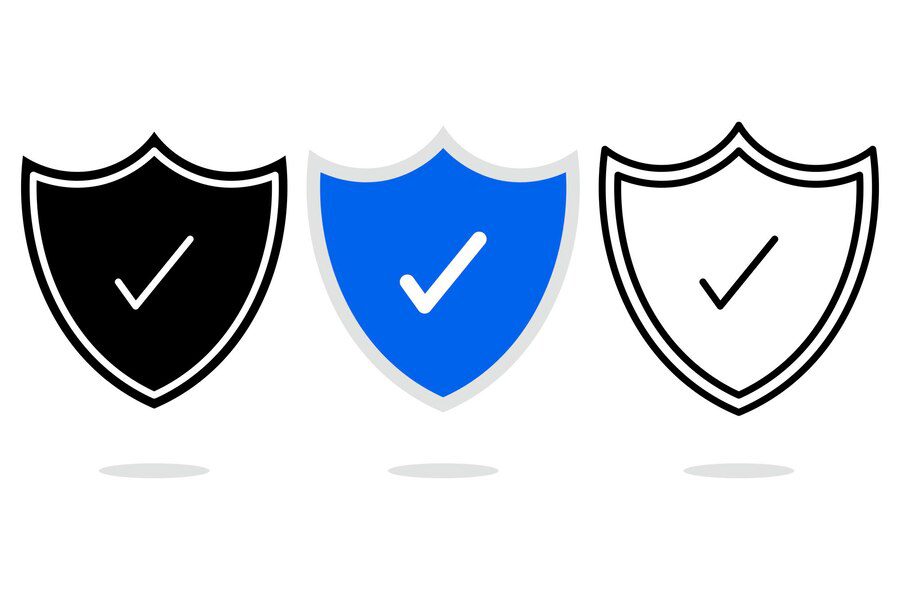Unveiling the Crucial Role of Employee Background Verification in the Hiring Process
In today’s competitive job market, businesses strive to hire the best talent to drive their success. However, amidst the excitement of finding the perfect candidate, it’s essential not to overlook a crucial step in the hiring process: employee background verification. This process serves as a safeguard for companies, ensuring they make informed decisions and mitigate potential risks associated with hiring.
Understanding Employee Background Verification: Employee background verification is the process of thoroughly checking a candidate’s credentials, work history, educational qualifications, criminal records, and other relevant information to validate their suitability for a particular role within the organization. While it may seem like an additional step, it plays a pivotal role in maintaining a safe and productive work environment.
Importance of Employee Background Verification:
- Risk Mitigation: Hiring an individual without conducting background checks can expose a company to various risks, including financial loss, reputation damage, and legal liabilities. Background verification helps identify any discrepancies or red flags in a candidate’s history that may pose a risk to the organization.
- Protecting Company Reputation: Employees are the face of a company, and their actions reflect its values and principles. A thorough background check helps ensure that the individuals hired uphold the company’s reputation and maintain its integrity.
- Ensuring Workplace Safety: By verifying a candidate’s criminal record and other relevant information, employers can mitigate the risk of hiring individuals with a history of violent behavior, fraud, or other misconduct, thereby fostering a safer work environment for all employees.
- Verification of Credentials: In today’s digital age, it’s not uncommon for candidates to embellish their resumes or misrepresent their qualifications. Background verification helps validate the accuracy of a candidate’s educational degrees, certifications, and previous employment history, ensuring that they possess the necessary skills and experience for the job.
-
Compliance with Regulations: Many industries, especially those dealing with sensitive information or vulnerable populations, have strict regulatory requirements regarding employee background checks. Failure to comply with these regulations can result in hefty fines and legal consequences for the organization.
The Process of Employee Background Verification:
-
Consent and Disclosure: Before conducting a background check, employers must obtain written consent from the candidate, informing them of the types of checks that will be performed and how the information will be used. Transparency is key to building trust with potential hires.
- Verification of Employment History: This involves contacting previous employers to verify the candidate’s job titles, dates of employment, job responsibilities, and reasons for leaving. It helps confirm the accuracy of the candidate’s resume and assess their work experience.
- Educational Verification: Employers verify the candidate’s educational qualifications, including degrees, diplomas, and certifications, by contacting the respective educational institutions or using third-party verification services.
- Criminal Background Check: This check involves searching for any criminal records, including arrests, convictions, and pending charges, to assess the candidate’s trustworthiness and potential risk to the organization.
- Reference Checks: Contacting professional references provided by the candidate helps gain insights into their character, work ethic, and suitability for the role. It provides employers with valuable perspectives from individuals who have worked closely with the candidate in the past.
-
Additional Checks: Depending on the nature of the job and industry requirements, employers may conduct additional checks, such as credit history checks, drug tests, and social media screenings.
Employee background verification is not merely a formality but a critical step in the hiring process that ensures the integrity, safety, and reputation of an organization. By investing time and resources in thorough background checks, employers can make well-informed hiring decisions, mitigate risks, and build a strong and trustworthy workforce. As the saying goes, “Trust, but verify” – and in the realm of hiring, these words couldn’t be more relevant.









